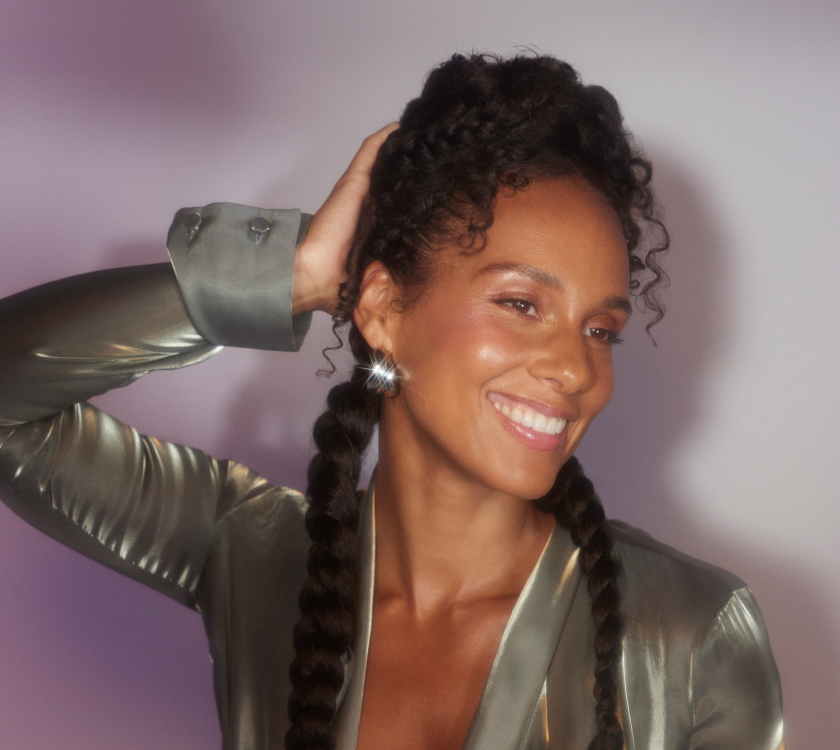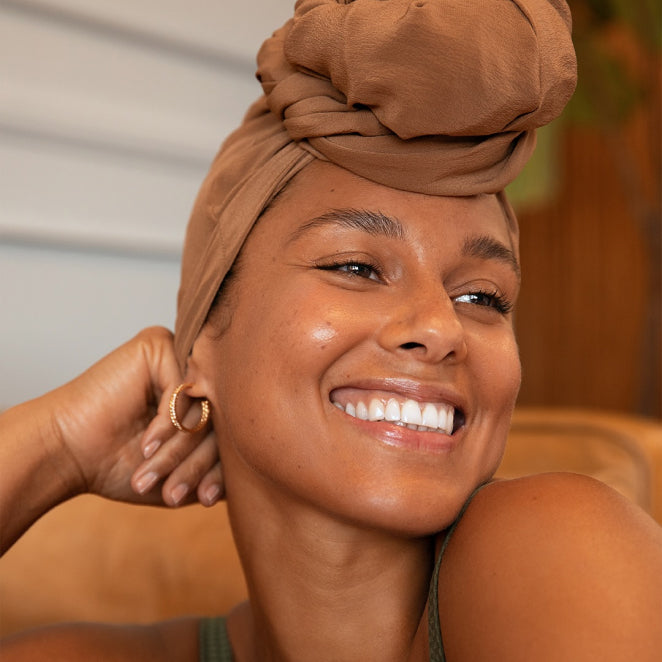
Winter Skincare Routine & Tips from Dermatologist Dr. Renée Snyder

Discover the Relaxing Scent of Keys Soulcare: Sage and Oat Milk
Skincare Tips & Routine for your 40s

Reintroducing Keys Soulcare
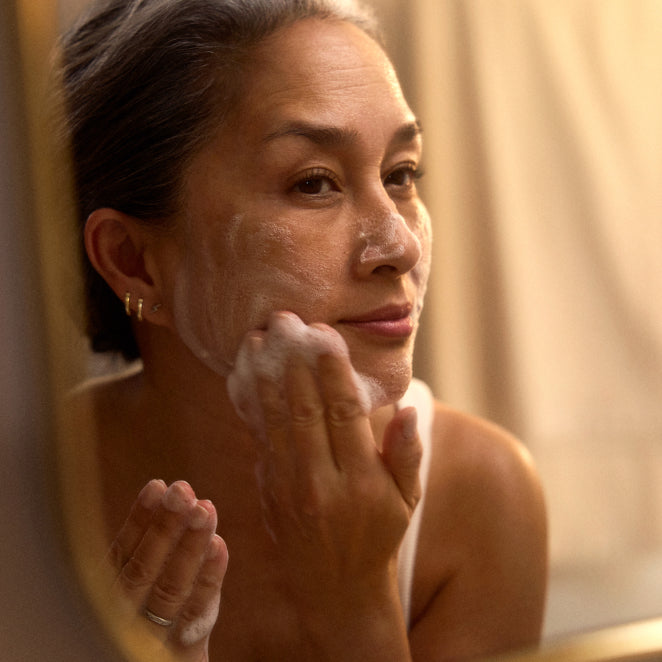
How to Sleep Better: Build Your Bedtime Routine

What Beauty Means to Me

Body Oil vs. Body Lotion: What’s the Difference?
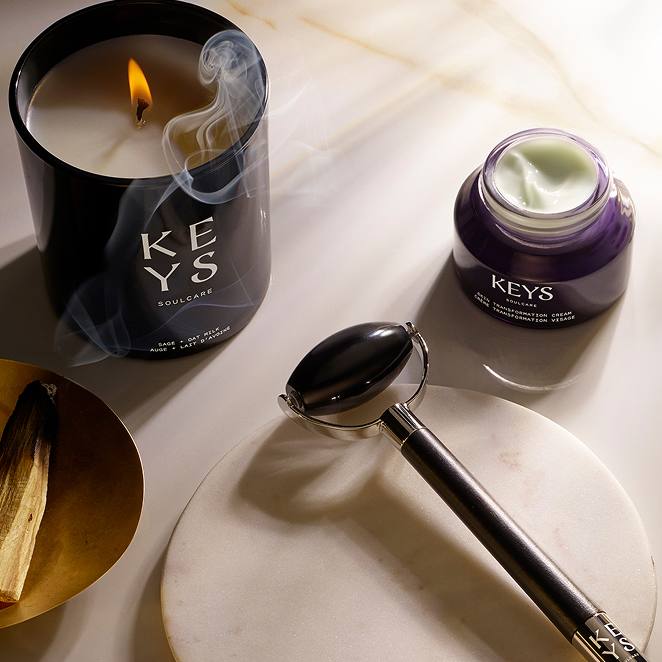
Shining at Full Wattage
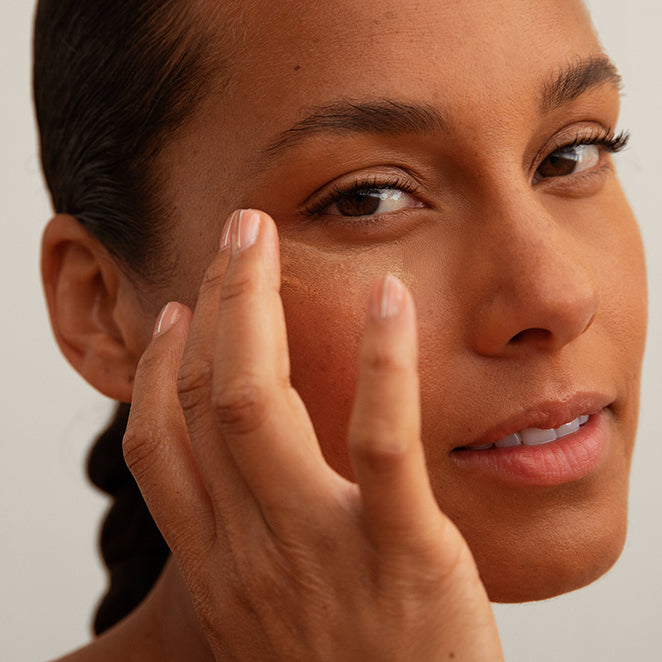
Achieve Hydrated Under Eyes With Our Radiant Eye Cream
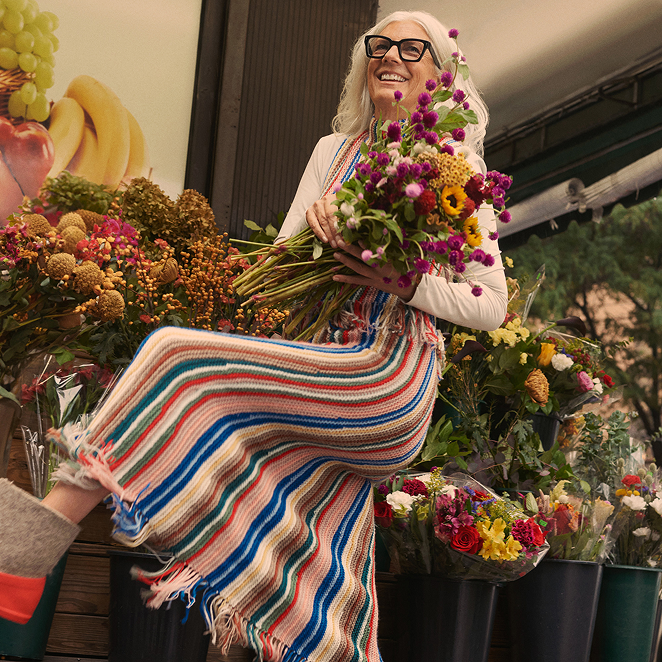
How to Uplift and Support the LGBTQ+ Community
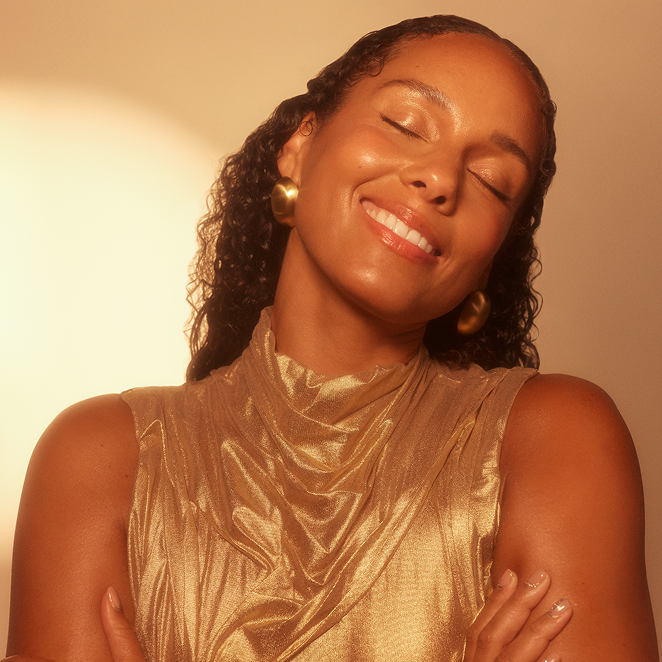
This is the Self-love Advice You Need to Hear Today
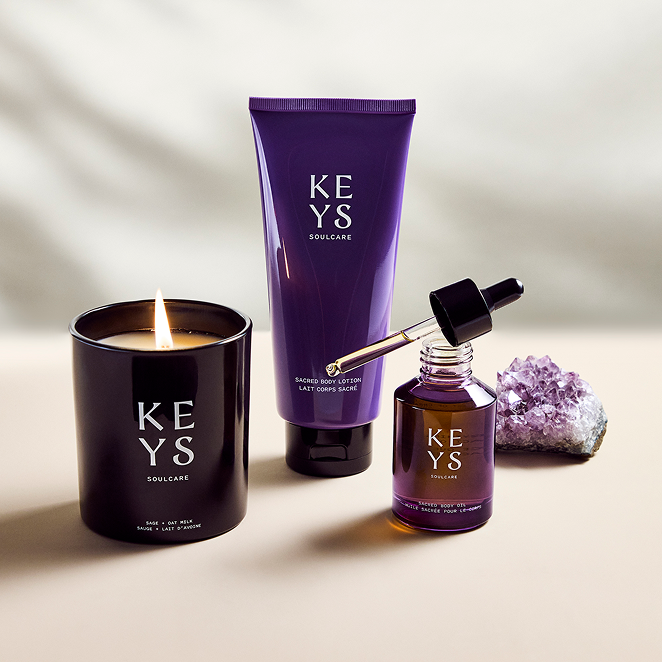
6 Unique Mother’s Day Gifts to Nourish Your Skin and Nurture Your Soul
